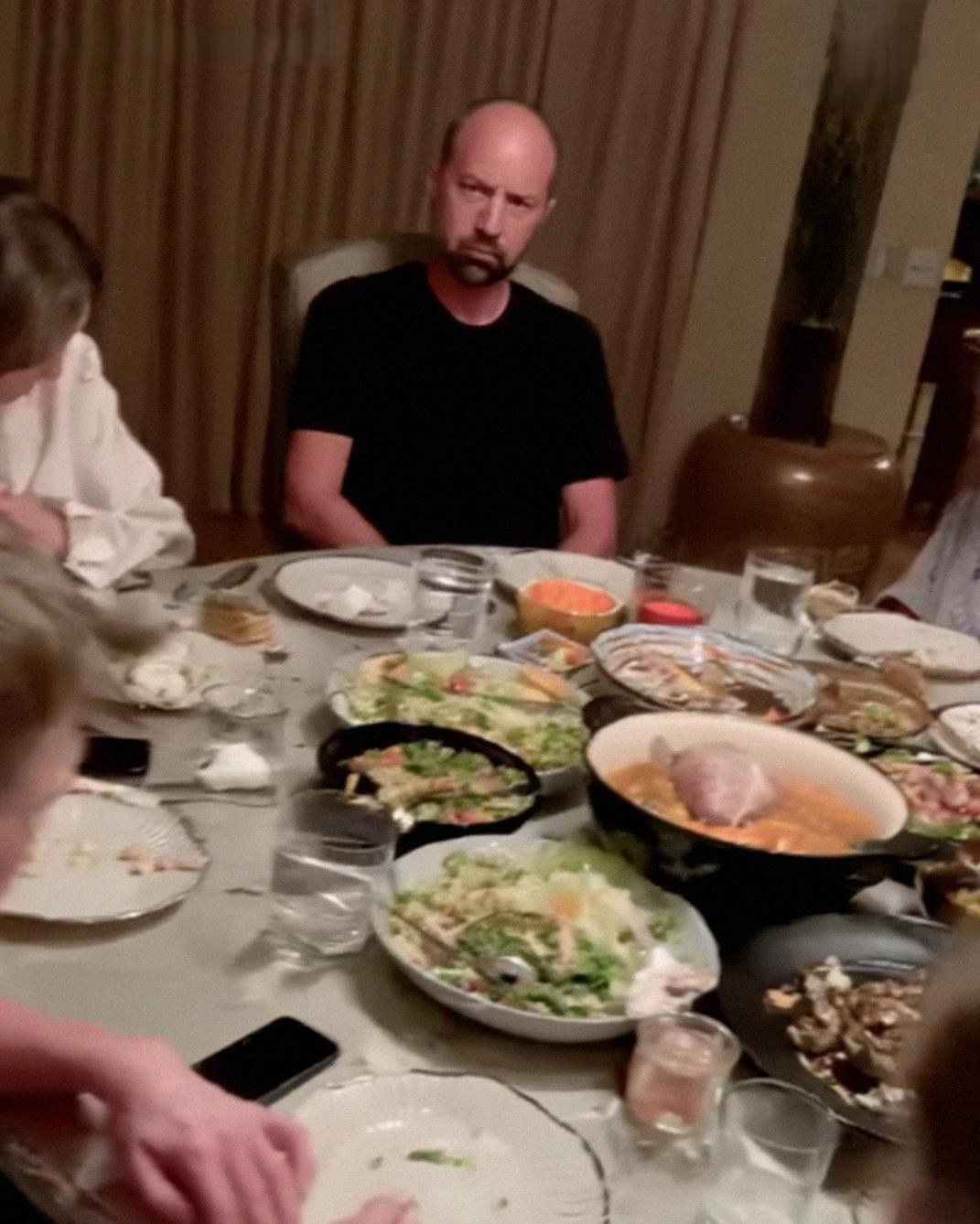Lacey first met Aidan on a crisp October night at a beach bonfire, drawn instantly to the warmth in his eyes and the way his laughter carried above the crackle of the flames. From the beginning, he seemed to notice everything about her—the way she liked her coffee light with no sugar, how she microwaved muffins for exactly eight seconds so the chocolate chips would melt, and her need for homemade soup whenever she caught a cold. These small, thoughtful details convinced her she had found someone extraordinary.
Two years later, they married. At the time, Lacey was thriving in her marketing career, and Aidan’s software engineering position was going well. He spoke often about starting a family and encouraged her to leave her job so they could “do things the right way,” assuring her that he would take care of both of them. Against her better instincts, she agreed, believing it was a step toward the life they had envisioned together.
Almost immediately after the wedding, Aidan began to change. The morning coffees, the gentle goodnights, the tenderness—vanished. Their shared life shifted into one that revolved entirely around him—his money, his house, his rules. Every morning, Lacey would find a list of chores taped to the refrigerator: grocery shopping, mopping, laundry, elaborate dinners. They were never phrased as requests, only commands. When she suggested doing freelance work to maintain some independence, he brushed her off, saying, “You’re home now. We agreed.” In truth, it had never been her choice at all.
Slowly, she stopped feeling like a wife and began to feel like unpaid staff. She convinced herself it was just a rough patch and stayed, hoping things would improve. But by the time his 35th birthday arrived, the man she had fallen in love with was little more than a memory. She spent the entire day cooking an extravagant meal for his party, only to have him publicly humiliate her. In front of friends and family, he accused her of “living off” him, “eating for free,” and failing to buy him a gift. He even made a pointed remark about her not being pregnant. The room went silent.
Her father was the first to speak, calmly but firmly reminding Aidan that he had been the one to want her financially dependent. Her mother followed, stating that if he considered her contributions a “job,” then she should be compensated for them.
Under the weight of everyone’s eyes, Aidan tried to argue that she should still work while taking care of all the housework. Lacey calmly set down the tray of appetizers and told him the truth—she had, in fact, been working remotely as a designer for several tech companies, quietly saving every penny. She had bought him a gift: a luxury trip for two to the Maldives. But then she told him she would be taking that trip alone, and while she was away, he could review the divorce papers she intended to file. Without another word, she walked out of the party.
That night, she sat in a quiet coffee shop, hands wrapped around a warm cappuccino, breathing in a sense of freedom she hadn’t felt in years. She arranged to stay with her parents and later packed a small bag. When Aidan later complained that she had “ruined his birthday,” she replied evenly, “You did that all by yourself.”
Two days later, she boarded a flight to the Maldives alone. There, the silence was not heavy—it was healing. She walked barefoot along the sand, swam at sunrise, and let the ocean rinse away the shadows of the life she had been living.
When she returned, the divorce proceedings moved quickly. Even Aidan’s own mother scolded him for how he had treated her. Lacey learned that on the night she left, he had wandered outside looking for her, unsure where she had gone—a detail that almost made her laugh.
Now, she feels no bitterness, only clarity. She mourns the version of Aidan she once believed in, but she is grateful she chose to leave before losing herself entirely in his shadow. Most of all, she is thankful they never had children, knowing that raising a child should never mean having to raise your husband as well.
